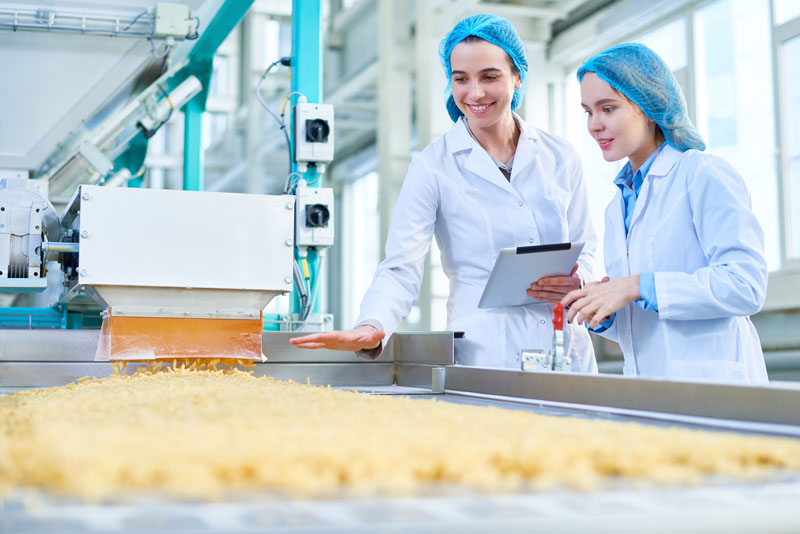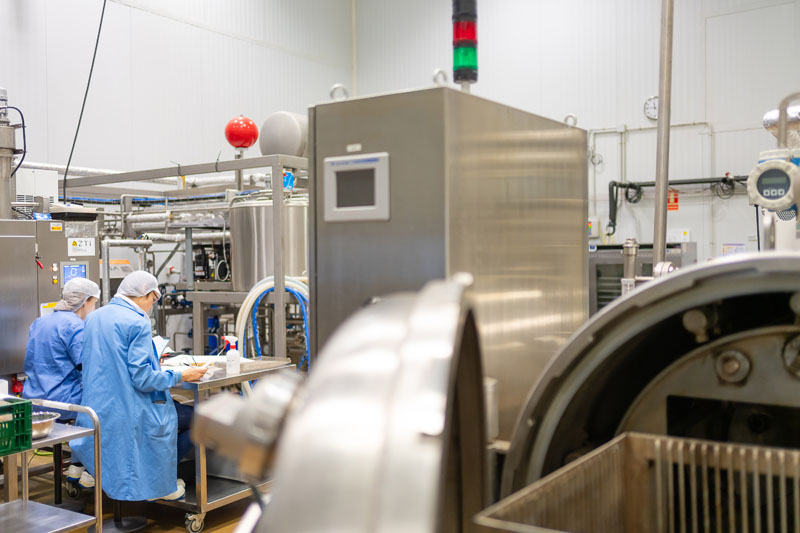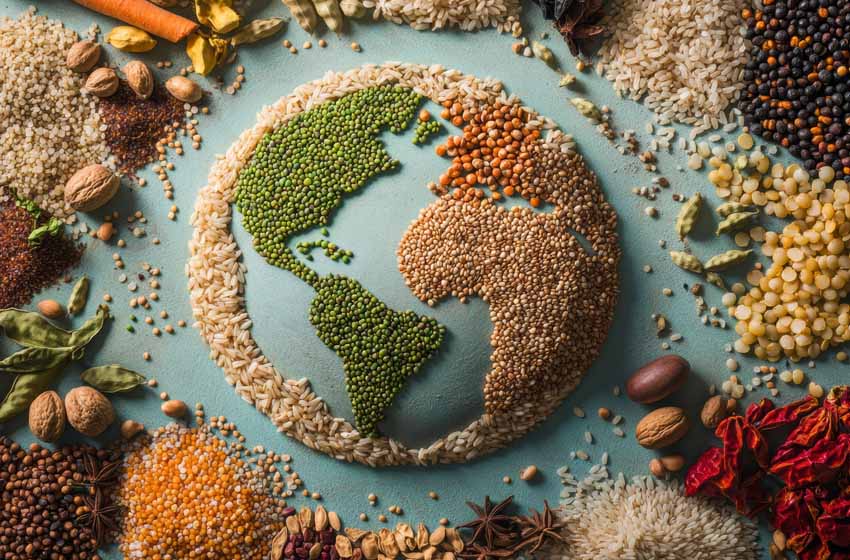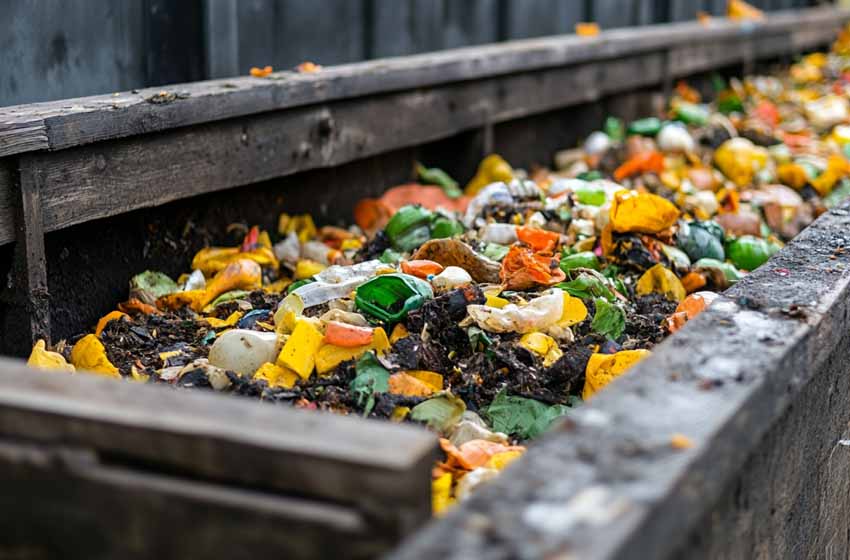AZTI: Science and evidence at the forefront of food sustainability change
Últimas noticias
Savour and sustainability: insects in gastronomy
Catching fish living at depths of more than 200 meters may have climatic consequences
The future of marine resources and its impact on food security
ROGELIO POZO. CEO of AZTI
Sustainability in the food sector is no longer an option, but a necessity. The food system plays a crucial role as both a cause and a victim of the environmental impacts affecting the planet. It is therefore essential to promote more sustainable production and more responsible consumption of food and drink.
Índice de contenidos
The challenge of sustainability
Growing concern about the rising cost of natural resources and uncertainty about their availability has given rise to a maxim: do more and better with less. In this context, companies need to move towards more sustainable and efficient production, but they must do so based on data and evidence to guarantee that their efforts will be fruitful. This is where AZTI, through science, becomes a relevant player.
AZTI and Food Sustainability
Sustainability is one of the main pillars of AZTI’s work, and its more than forty years of experience in scientific research has enabled it to develop strategies and solutions with real impact, in collaboration with companies in the sector.
Carbon footprint reduction
One of AZTI’s outstanding achievements is the launch of ENVIRODIGITAL, a unique software based on the Product Environmental Footprint (PEF) and designed specifically for the food sector. This software provides the necessary tools to measure, manage and reduce the environmental impact of food products throughout their life cycle.
ENVIRODIGITAL identifies critical points in the production process, enabling companies to identify where the greatest impacts are being generated and make informed decisions to reduce them. It also provides the ability to simulate impact reduction scenarios before implementing production changes, enabling more informed and sustainable decisions.

Optimising industrial processes
Digitalisation is a powerful tool for optimising industrial processes in the food industry. Thanks to Artificial Intelligence (AI), AZTI has been able to proactively reduce food losses and waste by preventing their generation rather than simply controlling them. This not only improves sustainability, but also reduces costs and is in line with circular economy policies.
Valorisation of by-products
Making the most of food industry by-products is not only environmentally friendly, it can also be economically profitable. AZTI works closely with companies in the sector to optimise production processes and develop new products from under-utilised food by-products, following the principles of the circular economy.
Specifically, we have developed and tested on an industrial scale higher value-added compounds from food industry by-products for use as food (both human and animal), bioenergy or biomaterials. This has been the case with by-products such as whey from the cheese industry, coffee grounds from the HORECA channel, bagasse and yeast from breweries, grape stalks from wine production or parts of fish traditionally treated as by-products or even waste after processing.
Developing alternative sources of protein
Diversification of protein sources is essential for a healthy and sustainable diet. AZTI is dedicated to research in this area, valorising by-products and using processes such as fermentation with fungi or cultivation of microalgae in by-products to obtain protein-rich compounds that can be incorporated into the formulation of new foods. In addition, attention is paid to the consumer experience to ensure that these new products meet society’s sensory expectations.
Conclusion
AZTI addresses sustainability in the food system along the entire value chain, with science and technology as key allies. Its data-driven, evidence-based approach gives food businesses the confidence to make informed and sustainable decisions in a world where sustainability is becoming an imperative.







